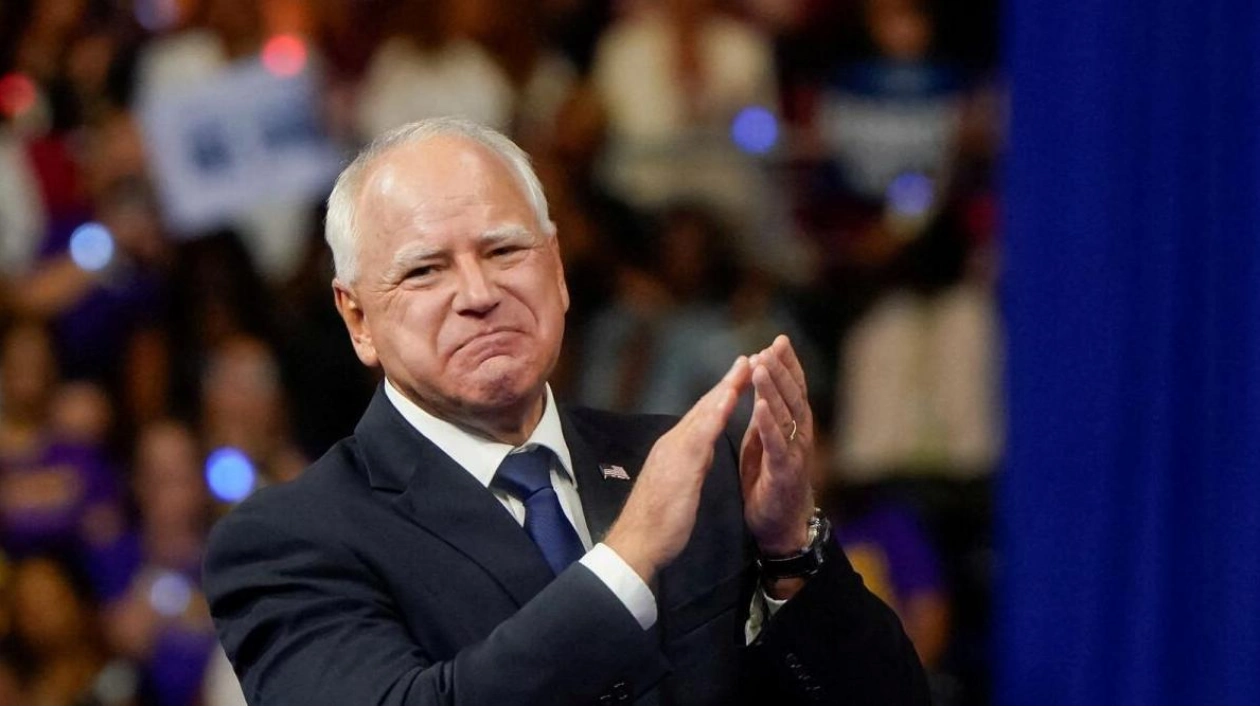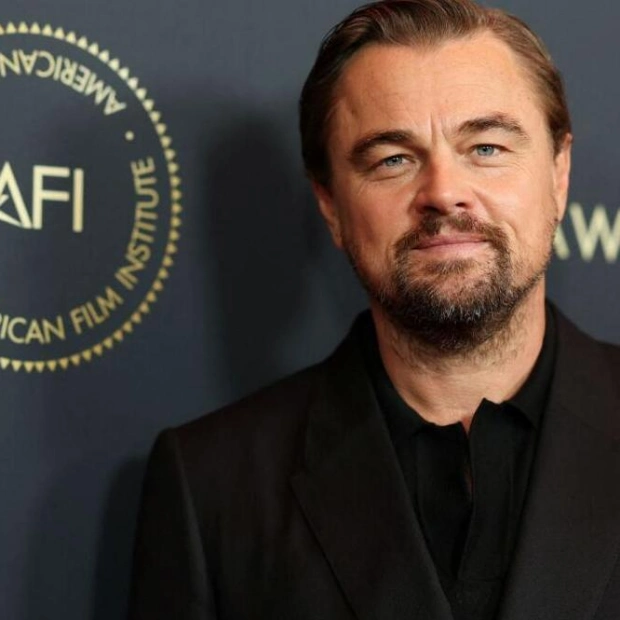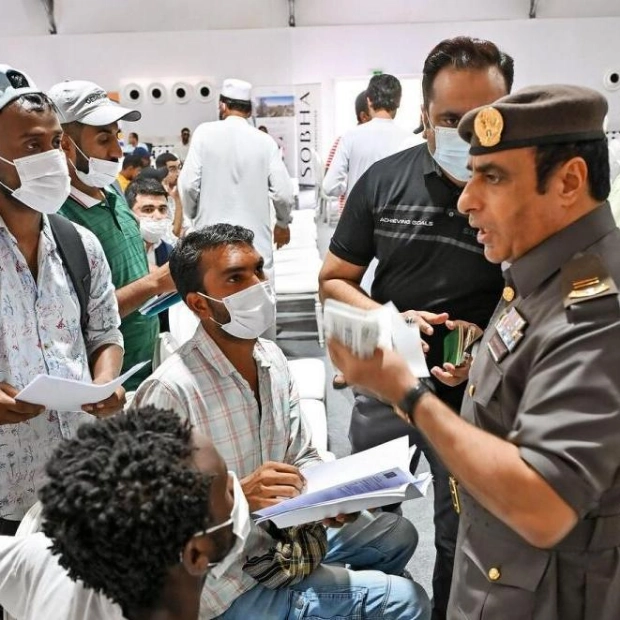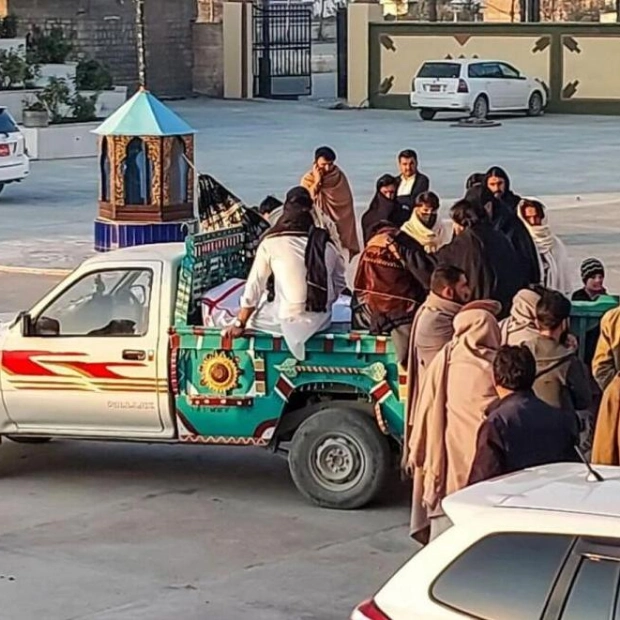Minnesota Governor Tim Walz's nomination as the Democratic vice-presidential candidate has rekindled discussions about his management of racial justice demonstrations in the wake of George Floyd's 2020 murder. His actions have elicited mixed reactions regarding Minnesota's handling of the crisis, which occurred during a highly volatile period in U.S. race relations. As the running mate to Democratic presidential nominee Kamala Harris, Walz has faced criticism from supporters of Republican presidential candidate Donald Trump and far-right commentators, who accuse him of being tardy in deploying law enforcement to curb looting, arson, and violence during the Minneapolis protests.
Conversely, Walz has been commended by some for his role in the prosecution of the officers implicated in Floyd's death. He and his team assert that they addressed the situation to the best of their ability, including the deployment of the National Guard. The governor admitted to postponing the National Guard's deployment and described the city's response as an "abject failure" during a press conference following the widespread protests in the Twin Cities and the broader Minneapolis area, which resulted in significant damage to property and infrastructure, including a police station that was overrun and set on fire by rioters.
A report by the state's Senate, authored by Republicans, criticized Walz for failing to differentiate between rioters and protesters and for consistently underestimating the gravity of the situation. The report concluded that Walz was reluctant to take immediate action to halt the rioting due to a philosophical debate over the use of force to prevent violence. However, Walz has received praise from prominent civil rights activists, who believe his decision to have the state attorney-general lead the prosecution contributed to the conviction of former officer Derek Chauvin, who was found guilty of murder and sentenced to over 20 years in prison for Floyd's death.
Rev. Al Sharpton of the National Action Network highlighted Walz's balanced approach to addressing police brutality. Win With Black Women, an organization supporting Harris, noted Walz's emphasis on violence prevention and police reforms, such as restrictions on no-knock warrants and a ban on chokeholds. Jotaka Eaddy of Win With Black Women also commended Walz for his dedication to social justice and the protection of vulnerable and minority communities, describing his governance as effective during critical periods.
Both Harris and Walz have been scrutinized for their policing stances, with Harris criticized for being overly stringent and Walz for not being stringent enough. Despite the criticisms, experts suggest it will be difficult for Republicans to undermine Walz due to his broad appeal across party lines. Leah Wright Rigueur, a history professor at Johns Hopkins University, noted Walz's significant support from conservative Republicans in Minnesota, including Trump supporters, as well as his strong backing from the left due to his recent actions.
As governor, Walz has advocated for a progressive agenda that includes free school meals, climate change initiatives, middle-class tax cuts, and extended paid leave for Minnesota workers. Harris's selection of Walz as her running mate is viewed by some strategists as a balanced choice, leveraging Walz's background as a teacher and gun owner to appeal to centrist and rural voters. Areva Martin, a California delegate and civil rights attorney, believes Walz offers something for everyone and has demonstrated the ability to win elections in traditionally red states, potentially bringing back rural white voters who previously supported Trump.






